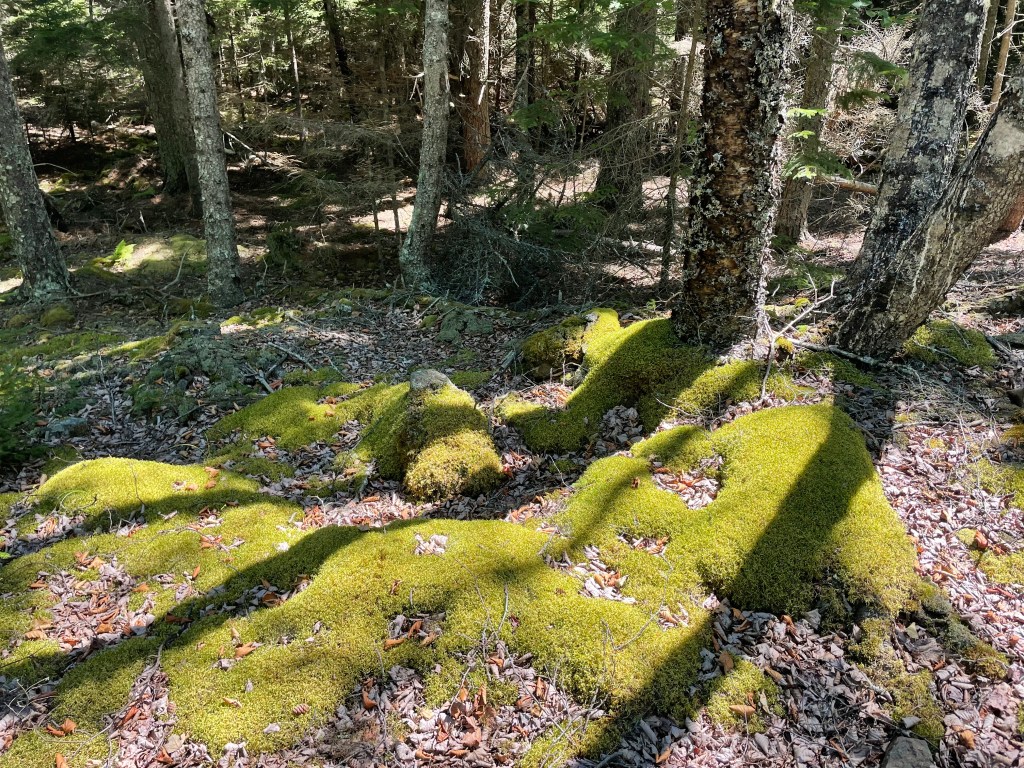Research Network for Global Environmental Humanities
ReSuRGEH
Didur is the PI of (Re)Thinking Sustainability: Research Network for Global Environmental Humanities (ReSuRGEH). This research project brings together a diverse international team of researchers, conservation organizations, museums and policy groups to pursue solutions to anthropogenic climate change in response to the UN Sustainable Development Goals (SDGs). Our network integrates transdisciplinary methods of global environmental humanities—a comparative approach combining the sciences, social sciences and critical humanities—with sustainability research to respond more effectively to the impact of planetary histories of extractive capitalism, human exceptionalism, gender and race on the Earth.
Goal and Objectives: Our core goal is to strengthen our institutions and partners’ capacities to respond to the complexity of sustainability issues through better understanding of the relation between planetary health and human well-being in terms of habitability. To do this we will: 1) integrate comparative transdisciplinary global environmental humanities approaches within sustainability research and policy for more effective responses to the SDGs; 2) document the link between the uneven effects of anthropogenic climate change and planetary histories of extractive capitalism, human exceptionalism, colonialism, race and gender; 3) design six unique field intensives to learn from diverse material archives shaped by the spatiotemporal dimensions of human-induced climate change; 4) coproduce sustainability solutions with researchers and collaborators in and from local communities; 5) Strengthen cross-regional collaboration and knowledge exchange among environmental humanities scholars, HQP and students with policy forums, conservation organizations, museums, and local communities working to solve the problems highlighted by the SDGs; 6) build capacity in a diverse global cohort of HQP who will participate in field intensives, conferences, and learn with team mentors and local community partners; 7) and host biennial hybrid workshops at partner institutions to provide policy alternatives to UNFCCC decisions and documents.
The ReSuRGEH partnership mobilizes a diverse transdisciplinary group of experts and institutions from the Global North-South-South that prioritize underrepresented approaches to sustainability studies and solutions to human-induced climate change. Our partnership includes established and early career researchers, environmental humanities research centres, conservation organizations, community groups, museums, publishers and policy makers dedicated to devising inclusive and equitable solutions to the SDGs.
A Stage 1 SSHRC Partnership Grant (LOI) was awarded to Didur as PI at Concordia on June 1, 2025, to support this research network.
Didur has submitted a full Stage 2 SSHRC Partnership Grant proposal on October 29, 2025, with the outcome of the final competition to be announced in June 2026.
Didur was recently interviewed by students as a part of Concordia’s Sustainability Ambassadors program. She discussed her research on sustainability, postcolonial studies, and the environmental humanities as part of the Greenwatch Interviews project:
“I worry sometimes that the idea of ‘sustainable development’ has come to signify an innocent universalism, obscuring the history of colonialism and resource extraction that has produced the environmental crisis we are currently experiencing. The way we think about sustainability needs to go beyond science, social science, and scientific approaches to include a greater understanding of the cultural contexts that have led us toward the Anthropocene.”
